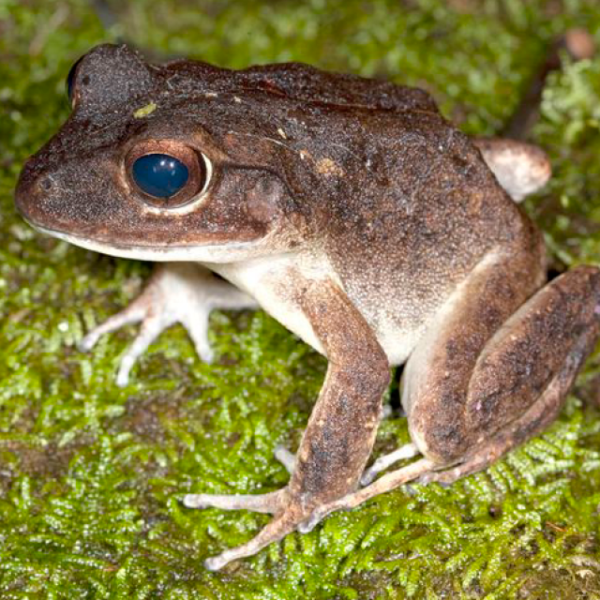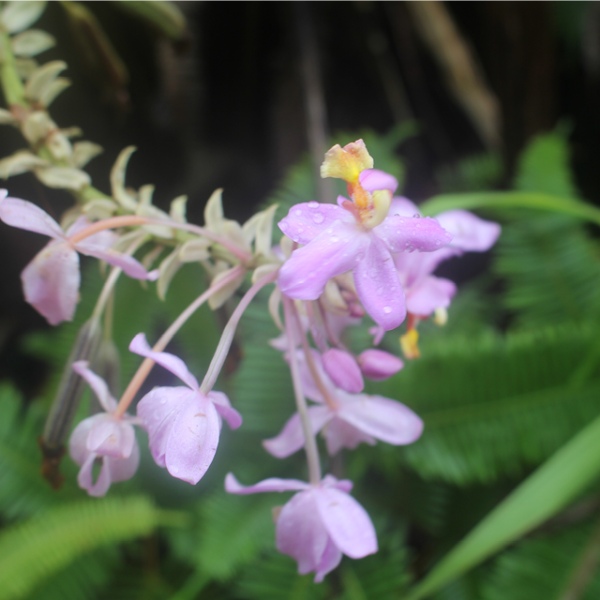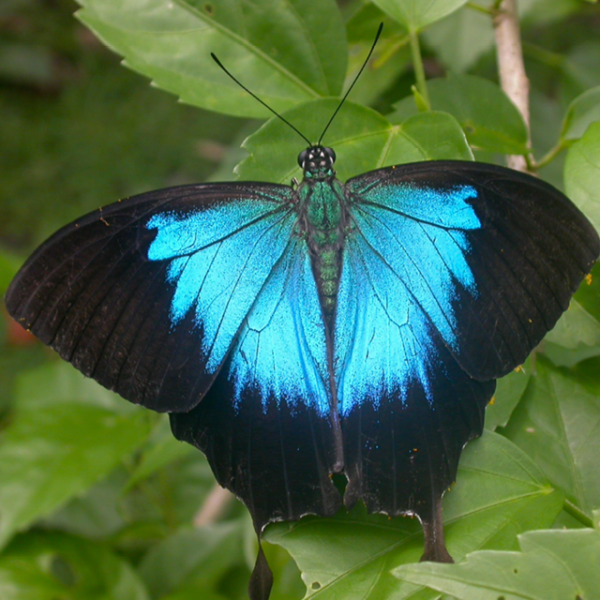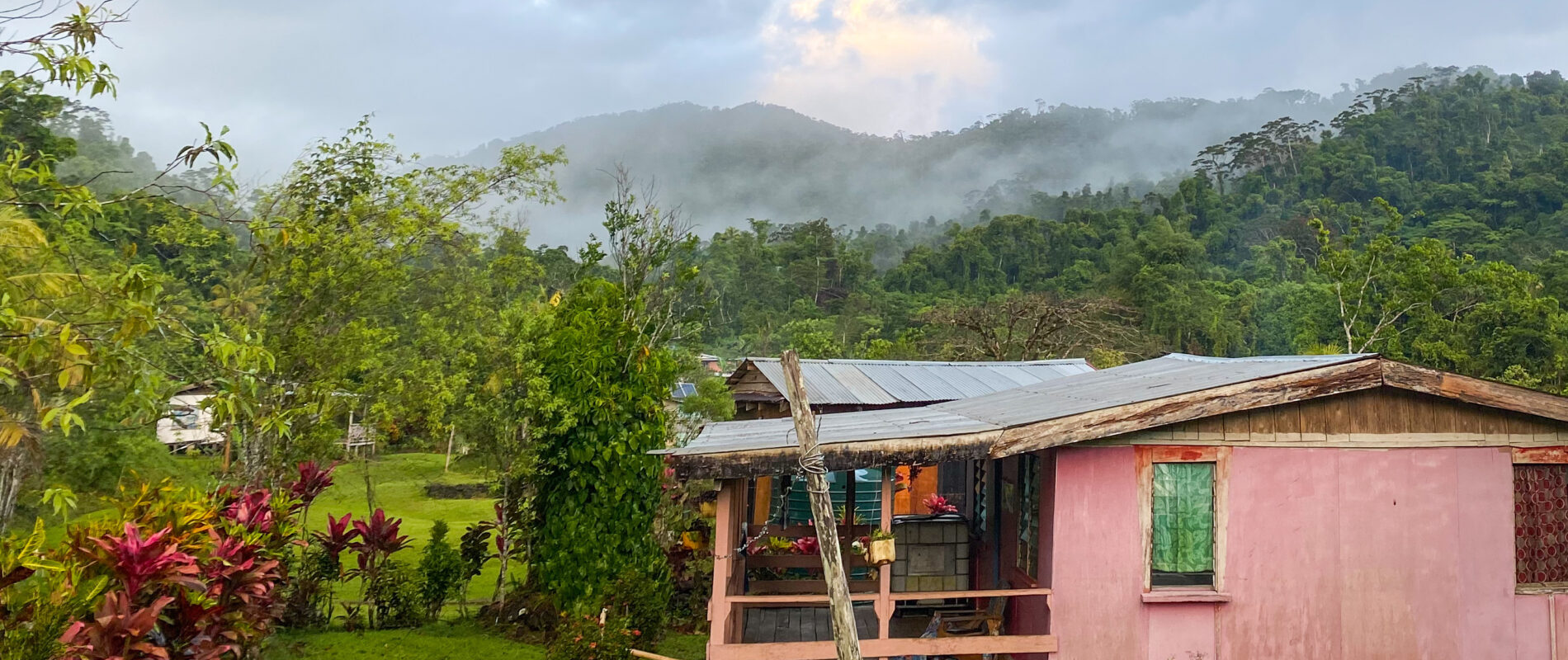Forest conservation carbon credits
- Drawa project launched: 2012
- Drawa first vintage credits verified: 2015
- Drawa second vintage credits verified: 2020
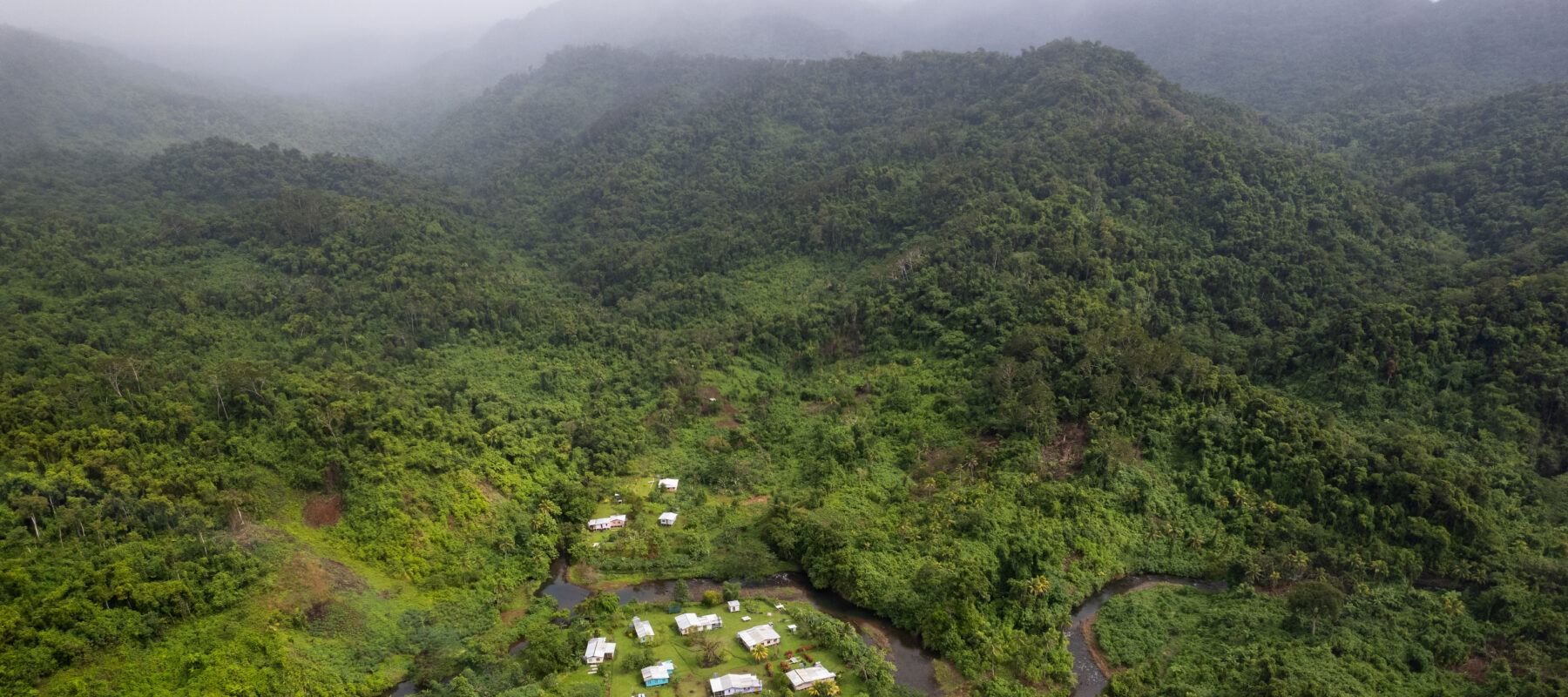
The Drawa community on Vanua Levu were one of the first Pacific communities to use the Nakau Methodology to protect their forest.
Like many Indigenous peoples across the Pacific, Drawa customary landowners were caught between conservation and earning money to survive. Logging coupes had been mapped and they were starting to clear for timber when the community made a last-ditch effort to save their forest.
Eight mataqali (clans) worked together to form the Drawa Block Forest Community Cooperative. Forest carbon credits are now a significant income source and have allowed them to care for critical forest ecosystems, strengthen their community and grow alternative enterprises like rainforest honey products.
As it has done for generations, the Drawa forest can continue to protect villages from cyclones, floods and droughts, and provide clean water for the Drawa people and other communities who rely on streams that flow from the rainforests.
Since becoming verified by Plan Vivo, the Drawa communities have used the income from credit sales for water and sanitation facilities and other building projects across five villages. They’ve set up honey production and agroforestry enterprises, and established women and youth groups.
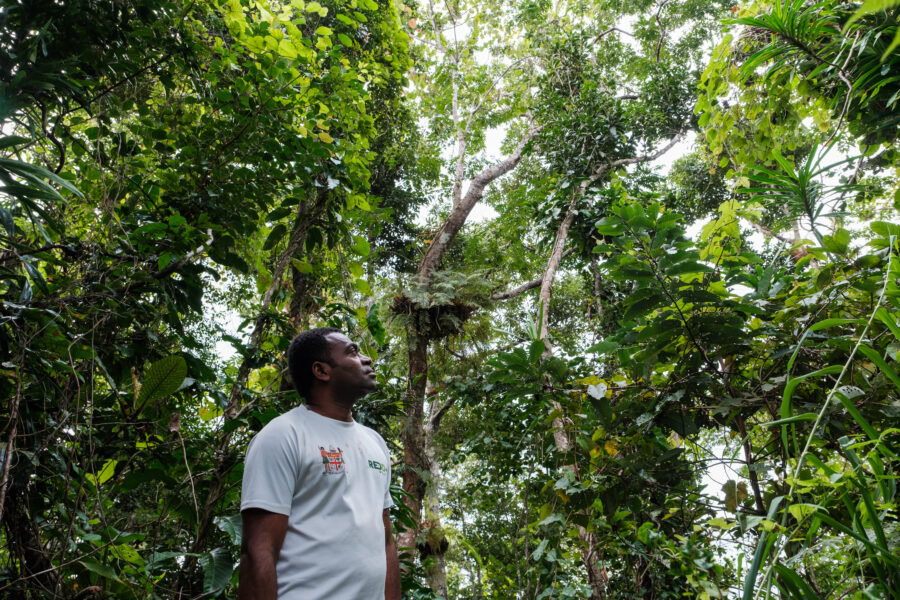
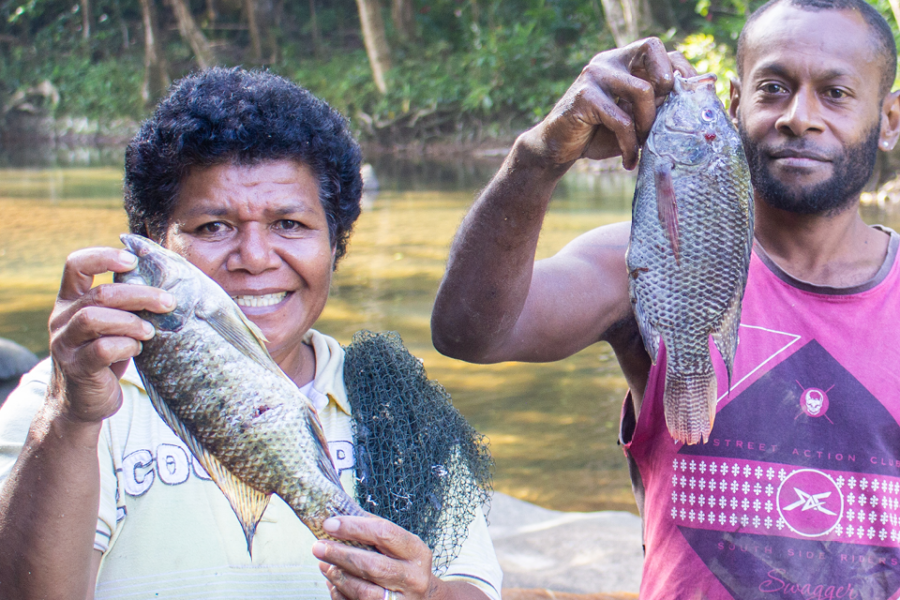
The Drawa Block Forest Community Cooperative is home to the globally endangered Barred tree skink, the Vanua Levu slender tree skink and the remarkable Fiji ground frog.
The Drawa rainforests are set on the Wailevu-Deketi highlands, and are a haven for 385 unique plant species — 47% of which are only found in Fiji — and 22 of Fiji’s native birds. The area is listed as an official Important Bird Area for Fiji.
